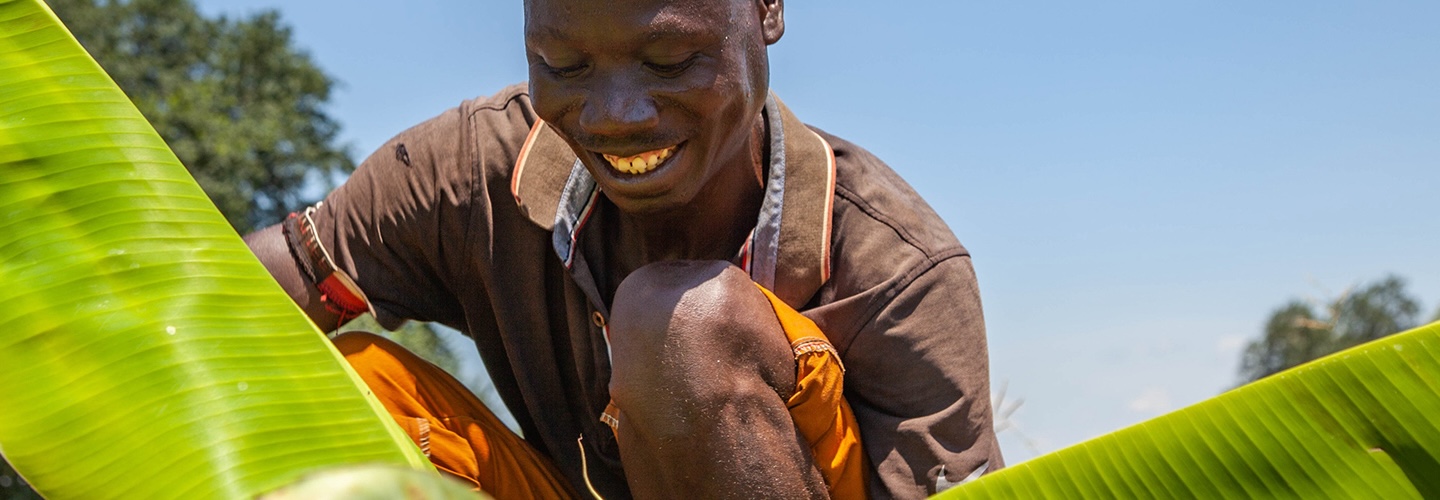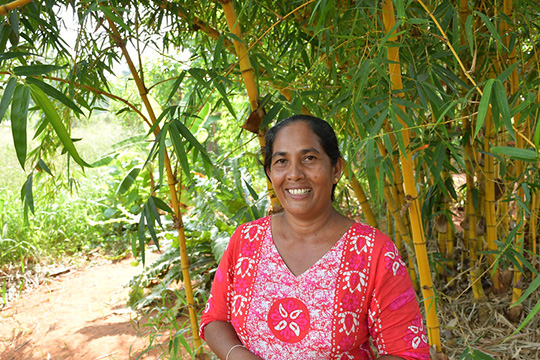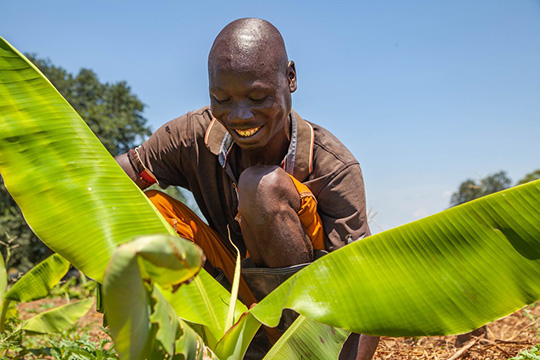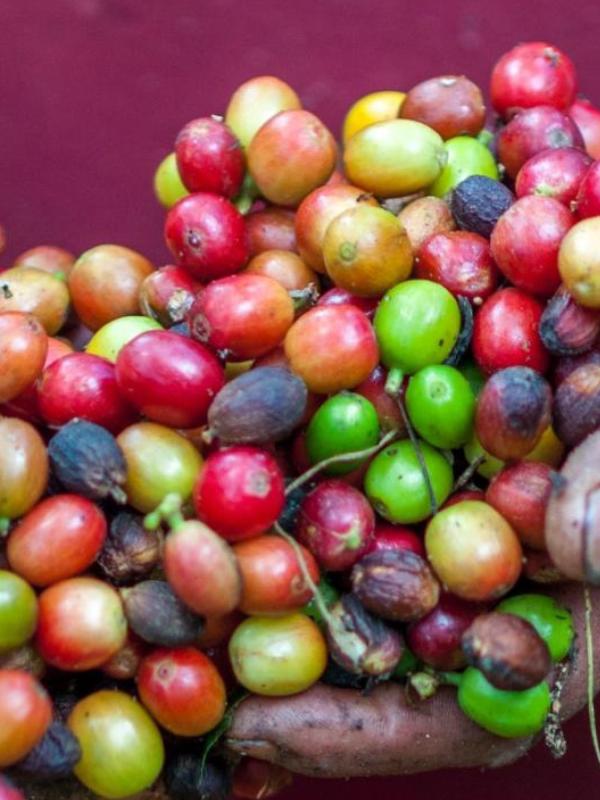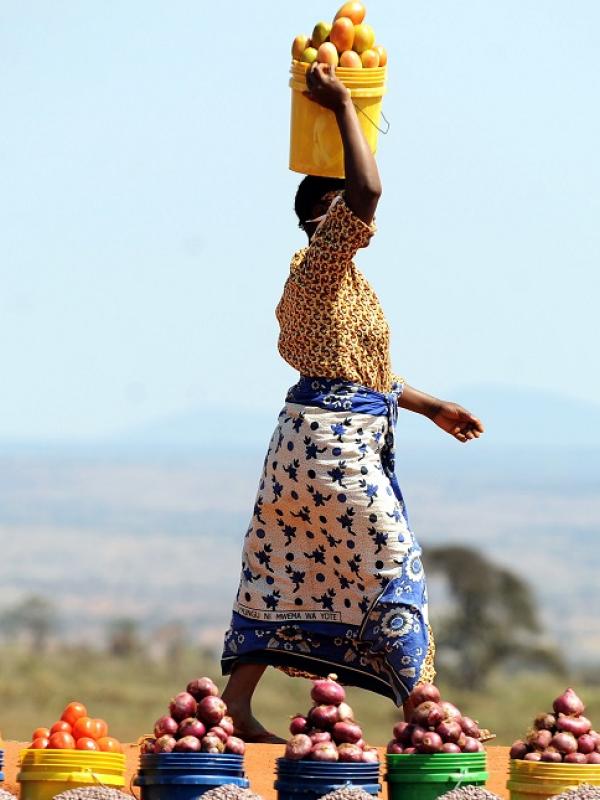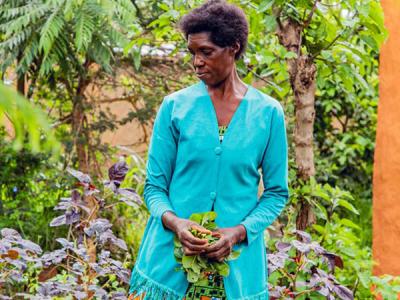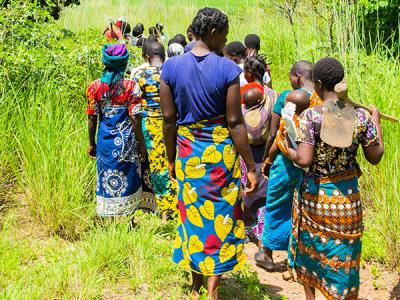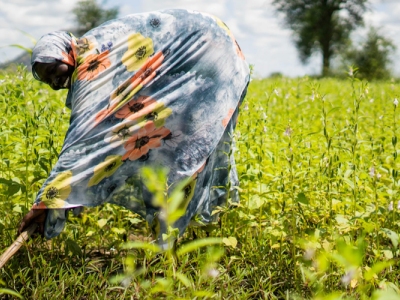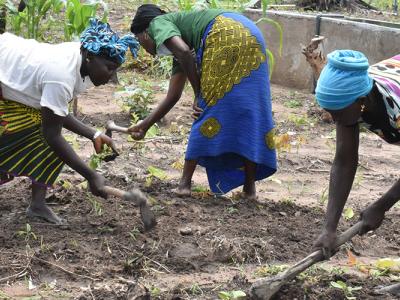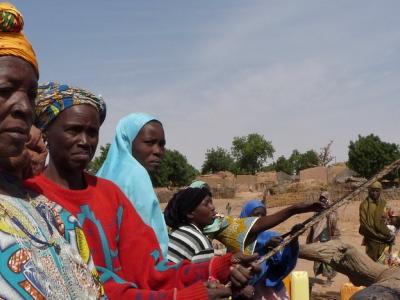Droughts, floods, changing rainfall patterns, and other extreme weather events put vulnerable communities at risk. Yet with improved access to climate information, new technologies, and advanced land and water management techniques, communities can strengthen their resilience and secure their food supply.
This service line addresses the risks of climate change across the value chain, especially agricultural products that are important to food and nutrition security. The main areas of work include pre-production and input management; capacity to provide and apply climate information services; production and diversified integrated systems; and post-production offerings including the provision of financial services and access to markets.
Partnerships
The UNDP Green Commodities Programme exists to improve the national, economic, social, and environmental performance of agricultural commodity sectors.
The purpose of this centre is to provide a fast-tracked, demand-driven mechanism for African countries to access grant resources that support policies, initiatives, and best practices on climate change, food security, access to water, and clean energy, accelerating progress on the Sustainable Development Goals (SDGs).
The SCALA programme responds to the urgent need for increased action to cope with climate change impacts in the agriculture and land-use sectors. SCALA supports twelve countries in Africa, Asia and Latin America to build adaptive capacity and reduce greenhouse gas emissions in order to meet targets set out in National Adaptation Plans (NAPs) and Nationally Determined Contributions (NDCs), as well as contribute to the SDGs.

